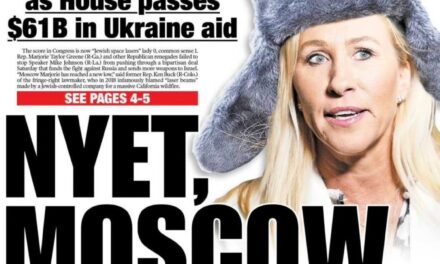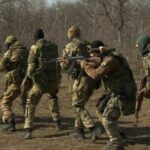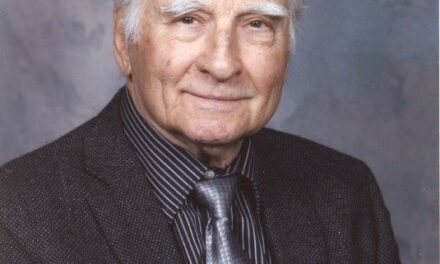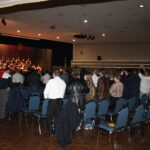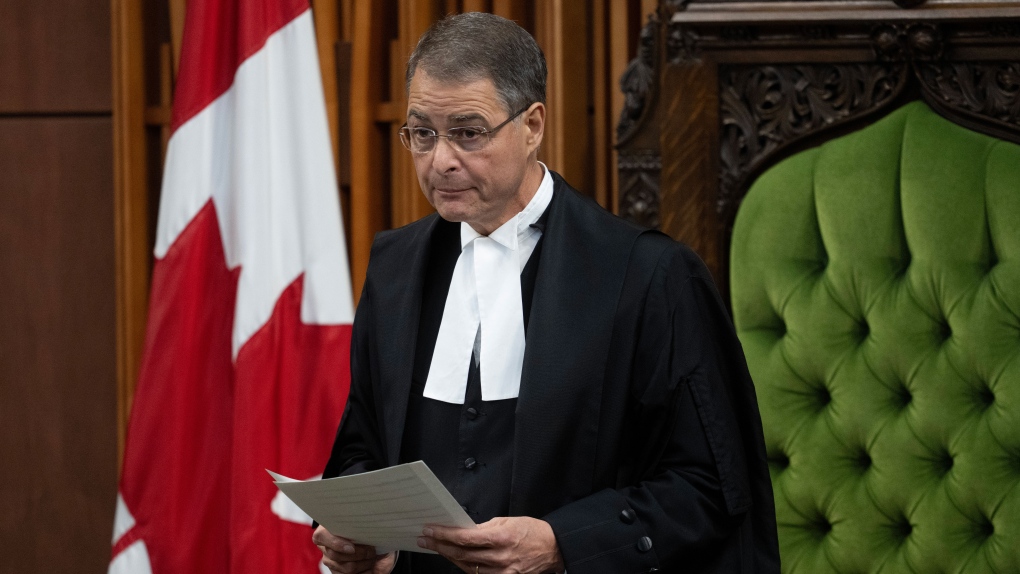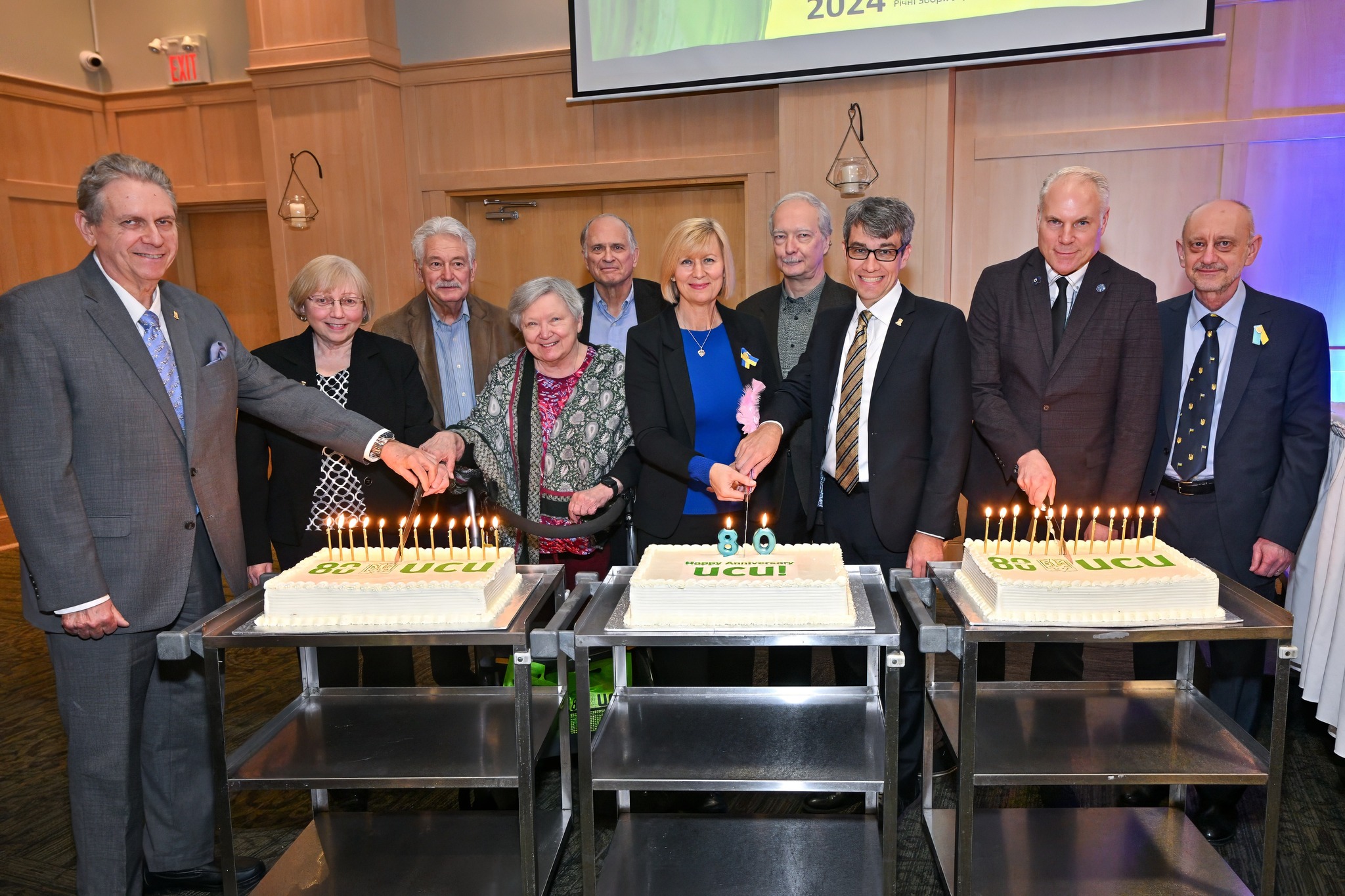Canada’s media falls for Russia’s disinformation. Galician Division were not Nazis and no charges of war crimes have ever been substantiated
Oct 4, 2023 | Editorials, Featured
Anthony Rota resigns as House Speaker after inviting Yaroslav Hunka to Parliament
Marco Levytsky, Editorial Writer.
The introduction of and subsequent standing ovation given Ukrainian World War II veteran Yaroslav Hunka during Ukrainian President Volodymyr Zelenskyy’s address to Canada’s Parliament on September 22 has created a tempest in a teapot of unprecedented proportions. Within two days, the Simon Weisenthal Center revealed that Hunka had been a member of the First Division of the Ukrainian National Army, also known as the 14th Waffen Grenadier Division of the SS, or the Galician Division. Immediately, the media became inundated with hysterical and uninformed rants about the “Nazi” Hunka and false allegations about “atrocities” committed by the Division. Both the media coverage and the statements made by politicians about the Division were grossly unbalanced and false.
Let’s put it in a nutshell. Members of the Division were neither Nazis, nor have they been found guilty of any crimes against humanity.
To begin with non-Germans could not become members of the Nazi Party. Neither could they join the regular army or Wehrmacht as it was known. Instead, they were placed in Waffen SS units. These were strictly military units and should not be confused with the SS units that manned the concentration camps which only “pure bred” Germans were allowed to join. Unlike other Waffen SS units, they had Ukrainian Catholic and Orthodox Chaplains minister to them, precisely to offset any Nazi indoctrination. And indeed, Nazi indoctrination was absent among the soldiers within the division. As the British Foreign Office stated in a September 4, 1950, dispatch to Canada’s Department of External Affairs:
“While in Italy these men were screened by Soviet and British missions and neither then nor subsequently has any evidence been brought to light which would suggest that any of them fought against the Western Allies or engaged in crimes against humanity. Their behaviour since they came to this country has been good and they have never indicated in any way that they are infected with any trace of Nazi ideology… From the reports of the special mission set up by the War Office to screen these men, it seems clear that they volunteered to fight against the Red Army from nationalistic motives which were given greater impetus by the behaviour of the Soviet authorities during their earlier occupation of the Western Ukraine after the Nazi-Soviet Pact. Although Communist propaganda has constantly attempted to depict these, like so many other refugees, as ‘quislings’ and ‘war criminals’ it is interesting to note that no specific charges of war crimes have been made by the Soviet or any other Government against any member of this group.”
That last sentence is most significant. Why didn’t the Russians not make any specific charges by 1950 when evidence was fresh, plenty of witnesses were around, and when all the military action the Division was involved in took place on territories that the Red Army had occupied during the war? What’s more they had an excellent opportunity to bring these charges forward as one of the prosecuting members at the Nuremberg Trials. Surely, they would not have passed up on this opportunity if they had some evidence. But it was only in the late seventies that the KGB decided to mount a disinformation campaign known as Operation Payback to drive wedges between the Ukrainian and Jewish communities.
The Soviet campaign was picked up by the Simon Weisenthal Center and its Canadian representative Sol Littman. In 1980 Littman published an article in Toronto Sunday Star alleging that the Division had committed what he called ‘some of history’s ugliest deeds.’ As University of Manitoba Professor Emeritus Myroslav Shkandrij, who recently published an extensively researched book on the Galician Division entitled “In the Maelstrom: The Waffen-SS ‘Galicia’ Division and Its Legacy” points out in a 2019 article for the Kyiv-Mohyla Humanities Journal: “The Toronto Sunday Star was compelled to publish a retraction on August 17, 1980, in which it indicated that there was no record of the Division having engaged in atrocities or other war crimes, that its members had been individually screened by the United Nations, British, and Canadian authorities after the war and before admission to Canada, and that none were found to have committed any crime at all. The plaintiffs won their case under the Libel and Slander Act.
Nevertheless, the disinformation campaign led to the creation in 1985 of the commission headed by Justice Jules Deschênes, who concluded that reports about “thousands of Nazi war criminals in Canada” were “grossly exaggerated” and noted: “charges of war crimes of Galicia Division have never been substantiated, either in 1950 when they were first preferred, or in 1984 when they were renewed, or before this Commission.”
While the vast majority of the media covering the Hunka affair jumped on the disinformation bandwagon, unceasingly spouting the term “Nazi” whenever they could, very little mention was made of the Division’s exoneration by the Deschênes Commission and when they did, it was to cast doubt on the decisions of the commission itself. Furthermore, the media has printed numerous letters to the editor that smeared the Division as Nazis, but deliberately ignored those that set the record straight, with very few exceptions that appear to be simply token gestures.
Speaker Rota demonstrated very poor judgement in honoring Hunka without checking his background. He has justifiably resigned for that reason. But the knee-jerk reaction it created has served only to fuel Moscow’s disinformation campaign designed to justify its genocidal war against Ukraine and poison Western opinion regarding aid to the war-torn country.
Share on Social Media















